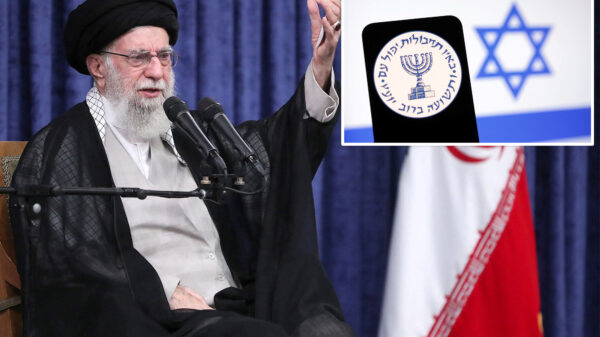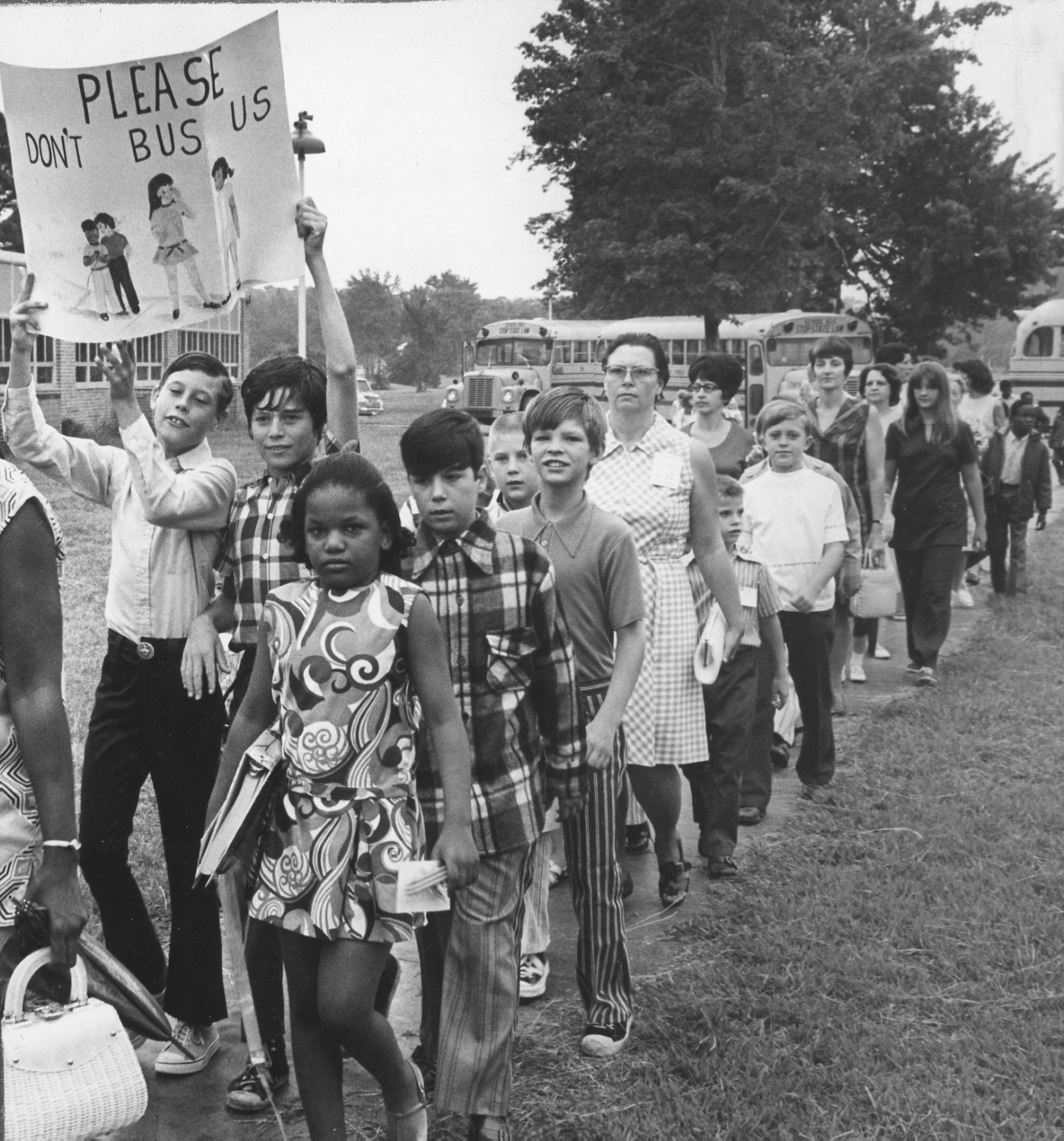In a recent call for recognition, the contributions of 26 teachers who played a pivotal role in the desegregation of Hampton’s public schools during the mid-1960s have come to light. These educators, often referred to as “pioneers,” were instrumental in implementing a significant shift in the educational landscape of Hampton, Virginia, following the landmark Supreme Court decision in *Brown vs. Board of Education* in 1954.
Despite the ruling, many southern states, including Virginia, resisted desegregation for years. The state even closed public schools from 1956 to 1961 to maintain segregation. It wasn’t until the mid-1960s that meaningful progress began, largely due to the persistent efforts of civil rights organizations like the NAACP. Hampton, however, took a different approach under the leadership of Hunter B. Andrews, the school board chairman. Rather than closing schools, Hampton initiated a desegregation plan that focused on creating a diverse teaching staff.
Beginning in the 1965-66 school year, the Hampton strategy involved selecting volunteer teachers of both Black and white backgrounds to lead the way in integrating staff across all schools. Despite efforts to enlist white teachers, only 26 teachers of color stepped forward to participate in this groundbreaking initiative. Each of these teachers was strategically assigned to one of the city’s 13 schools, where they faced the challenges of integrating classrooms amidst a backdrop of social upheaval.
The experiences of these 26 teachers were not easy. They encountered hostility, threats, and challenges from both students and parents. Yet their commitment to fostering a more inclusive educational environment in Hampton is a testament to their courage. Unfortunately, efforts to identify and honor these teachers have proven difficult, as historical records do not clearly document their contributions.
The importance of recognizing these educators cannot be overstated. Their participation laid the groundwork for a successful desegregation effort that benefited not only students but also parents and the community at large. Public acknowledgment of their sacrifices and achievements would serve as a vital reminder of the strides made toward educational equity.
In related news, the broader implications of public policy decisions are also coming under scrutiny. Virginia Congresswoman Jen Kiggans recently faced backlash for her vote to retract funds from WHRO Public Broadcasting, co-owned by local school districts. This decision has raised concerns among community members who value the station’s contributions, including its award-winning documentary on climate change, “Against The Current.”
Community advocates argue that WHRO has played a crucial role in representing the interests of the Tidewater region and providing educational resources. The station’s efforts to educate the public about pressing issues, such as sea level rise on the Eastern Shore, highlight its significance. Many feel Kiggans’ decision undermines vital services that enhance the quality of life in the area.
As local residents express their dissatisfaction, calls for a town hall meeting have emerged, urging Kiggans to engage with constituents regarding her policies and their impacts. The hope is that open dialogue will lead to better representation and understanding of the community’s needs.
In summary, the legacy of Hampton’s pioneering teachers in desegregation deserves recognition for their bravery and dedication to creating a more equitable education system. Simultaneously, the ongoing discussion surrounding public funding and community services reflects the need for political leaders to remain responsive to the voices of their constituents.
































































